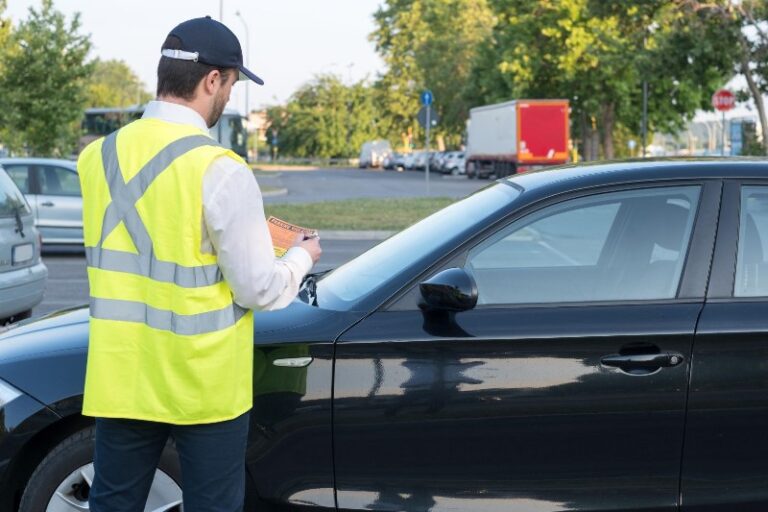Working on your car without a garage can be a challenging, yet rewarding task. This article will provide you with all the information you need to know about finding a suitable location, ensuring safety, and minimizing inconveniences.
Choosing the Right Location
On-Street Parking
Working on your car on the curb is a quick fix for minor repairs like oil changes. However, it’s important to note that this is illegal in many areas and poses safety hazards due to passing traffic.
Parking Lots and Garages
Empty parking lots or garages offer a more spacious and less risky environment for car work. However, it’s crucial to choose isolated areas with minimal foot and vehicle traffic.
Auto Parts Stores
Some auto parts stores allow customers to perform basic repairs in their parking lots. This option provides convenient access to tools and parts, but the work area may be limited.
Remote Locations
Remote areas like woods or open fields provide privacy and minimal disturbance. However, they lack electricity and may not be suitable for complex repairs.
Rented or Shared Spaces
Renting a garage or sharing a space with another enthusiast is an ideal solution. It provides a dedicated work area with ample space and access to tools and parts. However, it may require a financial investment and can be difficult to find.
Friend’s House
With permission, a friend’s house can be a suitable option. It’s important to be respectful and maintain cleanliness, and ensure that the work does not interfere with the household’s routine.
Safety and Legal Considerations
Safety First
Always prioritize safety when working on your car. Use jack stands for lifted vehicles and ensure the work area is stable. Avoid working on the street where passing traffic poses a hazard.
Legal Implications
Many cities have ordinances that prohibit public automotive work. Check local laws before choosing a work location, and be prepared to relocate if necessary.
Environmental Responsibility
Dispose of fluids and waste responsibly. Avoid spilling on natural surfaces or storm drains. Use oil pans and collect fluids for proper disposal.
Tool and Parts Preparation
Gather all necessary tools and parts before starting work. This will minimize the need for interruptions and ensure efficient completion of the task.
Time Management
Plan your work to be completed within a reasonable timeframe. Avoid leaving your car disassembled for extended periods, as this can inconvenience others or attract attention.
FAQ: Where to Work on Car Without Garage
Where can I legally work on my car without a garage?
Parking lots, garages, and rented garages/shared spaces are legal options, provided you follow safety and noise regulations.
Is it safe to work on my car on the curb?
It’s risky and illegal in most areas. Avoid working on the street where cars are passing by.
Can I work on my car in the woods?
Yes, but be aware of remote locations, lack of electricity, and cleanliness.
What considerations should I make when working on my car without a garage?
Safety (use jack stands, avoid working on busy streets), legality (check local ordinances), environment (dispose of fluids responsibly), tool accessibility (bring your own tools), and time management.
Where is the best place to work on my car without a garage?
Rented garages/shared spaces are ideal but may be expensive. Friend’s houses are convenient but require permission and respect.

| Characteristic | Advice | Key Points |
|---|---|---|
| Places to Work | On the curb | Quick fixes like oil changes, but risky and illegal in most areas. |
| Parking lots/garages | Look for isolated areas with minimal traffic. | |
| Auto parts stores | Limited work allowed, but convenient for quick fixes and parts access. | |
| In the woods | Remote and unlikely to be disturbed, but lacks electricity and cleanliness. | |
| Rented garage/shared space/storage unit | Ideal but may be expensive and hard to find. | |
| Friend’s house | Best option with permission, but be respectful and tidy. | |
| Considerations | Safety | Use jack stands for lifted cars and avoid working on the street where cars are passing by. |
| Legality | Many cities have ordinances against public automotive work. | |
| Environment | Dispose of fluids responsibly and avoid spilling on natural surfaces. | |
| Access to tools and parts | Bring your own tools and gather all necessary parts before starting work. | |
| Time management | Plan to complete the work in a few days to avoid inconvenience to others. |








